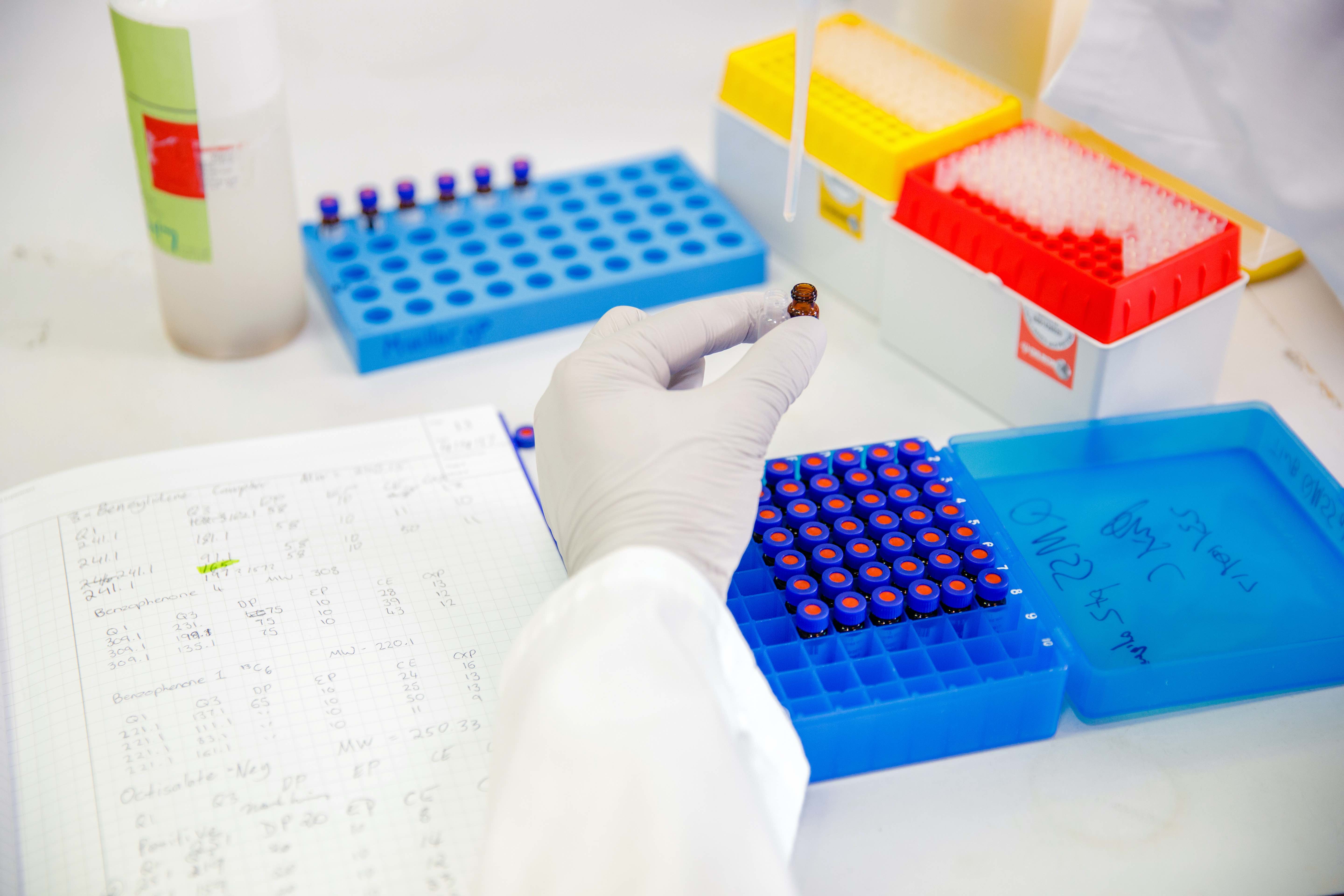 Wastewater samples show ice use significantly dropped in Australia during the first COVID-19 lockdown while cannabis use spiked, according to UQ, University of South Australia and University of Adelaide research.
Wastewater samples show ice use significantly dropped in Australia during the first COVID-19 lockdown while cannabis use spiked, according to UQ, University of South Australia and University of Adelaide research.
Dr Richard Bade from UQ’s Queensland Alliance for Environmental Health Sciences said while ice use fell drastically in Queensland and Western Australia, falls in Victoria were more moderate and delayed, suggesting residual supplies of the drug.
“Cannabis is largely produced locally so national supplies were still plentiful, and wastewater samples reflected this, with all states except the Northern Territory showing large increases in cannabis use,” Dr Bade said.
“The study is one of only a handful worldwide to analyse community drug use through wastewater analysis in a COVID-19 lockdown.
“A study of eight cities in Europe, analysing drug use over just one week in 2020, showed that the more popular drugs such as cocaine, amphetamine and MDMA generally decreased during the lockdown period.
“However, an Austrian study, analysing samples from just one city, showed that methamphetamine use actually increased, unlike what we found in Australia.”
Western Australia recorded the largest drop in ice loads, falling more than 50 per cent between April and June 2020, attributed to border closures restricting imports of the popular drug.
Once restrictions were eased, alcohol use spiked, particularly in the Northern Territory which came out of lockdown earlier than the other states.
Wastewater samples are taken every two months from 20 treatment plants across Australia, covering approximately half the population, and tested for methamphetamine (ice), MDMA (ecstasy), cocaine, cannabis and alcohol.
Samples collected before the COVID-19 pandemic (August 2016 - December 2019) were compared with those taken between February and June 2020 when Australia went into a national lockdown.
Associate Professor Cobus Gerber from University of South Australia said job cuts and loss of income could have contributed to the lower usage nationally, but it is more likely to be connected to disrupted supply lines.
“This study provides an insight into the first four months of COVID restrictions in Australia and it remains to be seen what the longer-term effect of the pandemic will be,” Dr Gerber said.
Associate Professor Gerber and Dr Bade contribute to the National Wastewater Drug Monitoring Program, funded by the Australian Criminal Intelligence Commission.
The study is published in Environmental Science and Technology Letters (doi.org/10.1021/acs.estlett.1c00532)
Media: Kirsten O’Leary, UQ Communications, k.oleary@uq.edu.au, +61 412307594, @UQHealth



